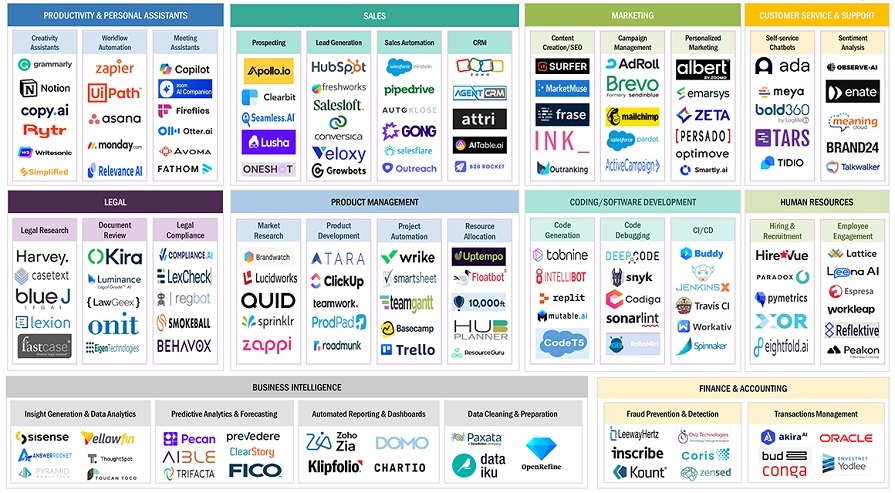5 Generative AI Trends to Watch in 2025
Generative AI has been at the forefront of technological advancements in recent times. With notable achievements in AI research, including Nobel Prizes, and major tech companies integrating AI into various products, the future of AI in 2025 looks promising.
Increased Adoption of Generative AI
In the last few months of 2024, there has been a noticeable trend towards greater adoption of generative AI by tech companies. As they continue to explore the potential of AI products and processes, there is a mixed response regarding the return on investment for enterprise software buyers.
According to an IEEE study, AI is projected to be one of the most critical areas of technology in 2025. However, there is also anticipation for a "generative AI reckoning" to evaluate the technology's capabilities and limitations.
Rise of AI Agents
In 2025, we can expect a surge in the use of AI agents, which are semi-autonomous generative AI systems capable of interacting with applications in unstructured environments. Companies like Salesforce and IBM are already leveraging AI agents for tasks such as sales calls and complex problem-solving.

AI agents are poised to play a significant role in generative AI marketing, offering advanced capabilities and enhancing productivity in various industries.
AI in Cybersecurity

Cybersecurity professionals are increasingly turning to AI tools to enhance their defense mechanisms against evolving threats. However, the use of generative AI in security comes with its challenges, including the risk of inaccurate information and potential security breaches.
As AI continues to advance, the need for strict controls and governance over its usage becomes paramount to safeguard data privacy and mitigate security risks.
AI and Business Operations
Organizations are grappling with the decision of whether generative AI adds tangible value to their operations. The integration of AI into various applications often leads to high costs and unclear goals, making it essential for companies to assess the impact of AI on their business strategies.
While some companies have seen success in adopting generative AI at scale, others are facing challenges in proving the ROI of AI initiatives and identifying the most beneficial use cases.
Impact on Science and Environment
The utilization of AI technology has also made significant contributions to scientific advancements, as evidenced by Nobel Prize winners incorporating AI in their research. However, the environmental impact of building and maintaining data centers to support generative AI raises concerns about sustainability.

As businesses navigate the complexities of AI adoption, they must consider the environmental implications and resource consumption associated with their AI strategies.
Stay updated on the latest technological innovations shaping the future, including IoT, 5G, cybersecurity, AI, and more. Subscribe to our newsletter for the latest news, trends, and analysis.










